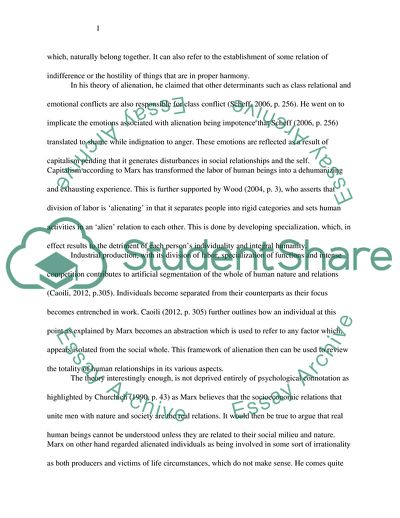Cite this document
(Marxs Class, Alienation and Capitalism Coursework Example | Topics and Well Written Essays - 3000 words, n.d.)
Marxs Class, Alienation and Capitalism Coursework Example | Topics and Well Written Essays - 3000 words. https://studentshare.org/sociology/1873131-introduction-to-sociology
Marxs Class, Alienation and Capitalism Coursework Example | Topics and Well Written Essays - 3000 words. https://studentshare.org/sociology/1873131-introduction-to-sociology
(Marxs Class, Alienation and Capitalism Coursework Example | Topics and Well Written Essays - 3000 Words)
Marxs Class, Alienation and Capitalism Coursework Example | Topics and Well Written Essays - 3000 Words. https://studentshare.org/sociology/1873131-introduction-to-sociology.
Marxs Class, Alienation and Capitalism Coursework Example | Topics and Well Written Essays - 3000 Words. https://studentshare.org/sociology/1873131-introduction-to-sociology.
“Marxs Class, Alienation and Capitalism Coursework Example | Topics and Well Written Essays - 3000 Words”. https://studentshare.org/sociology/1873131-introduction-to-sociology.


